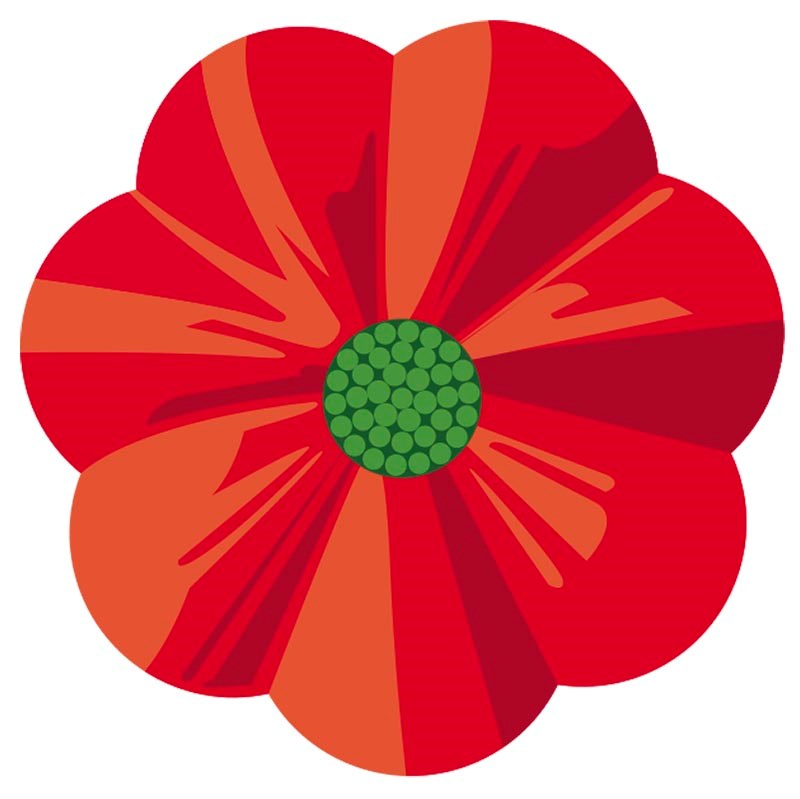Randy Evans
This year Sarnia has joined a national Remembrance to respect the 100th anniversary of Canada’s entry into the Great War.
The community has good reason to reflect.
Out of a population just then reaching 10,000 a total of 1,090 Sarnia men and woman served in the conflict.
Most were in their late teens and twenties. The youngest enlistee was bugler Robert Batey at 14.
Multiple enlistments came from single families. In at least two cases fathers and sons went overseas for King and Country (Blake and Manning).
As the War continued through its four-year duration those back home waited.
Some families only had to endure the constant worry and strain of where their loved ones were and how they were coping. They were the fortunate ones.
Others were not so blessed, for delivery of Official telegrams reported disturbing news.
Three local families received word of multiple wounding – in each case to two of their children (Lethbridge, Pell and Moran).
For six families, notice was given of wounding to at least one son and the death of another. (Cunningham, Knowles, Lumley, Manning, Potter and Ross).
And for two families came the wrenching news of multiple deaths within their family. (Allan and Crawford).
At least 119 Sarnians perished for King and Country on the battlegrounds. Thirty-four have no known place of burial.
They died participating in every major battle of the War. And, as such, they were killed early in the War (March, 1915 - Lt. Leslie Playne) and they were killed late (November, 1918 – Lt. Neil Hanna).
Most died young. Bugler Batey was only 15-years-old at the time of his demise. The oldest to die was Major Dr. David Bentley at 52 – gassed at Ypres in April, 1917.
It did not matter to enemy shelling or snipers who the target was. The War was an equal opportunity killer of this community’s men regardless of military rank or civilian occupation.
Even the cessation of hostilities could not stop the suffering. After returning from the front, a further fourteen soldiers died prematurely within two years of Armistice, no doubt of the physical and emotional wounds still carried.
And these stark facts do not include the travails of former citizens or those from neighboring communities. Such only added to the local cost of the War.
For Sarnia 1914 to 1918 was a time of unimaginable personal misery and, further, the permanent loss of so much of its youth and promise for the future.
Lest we forget.
Randy Evans is a retired Assistant Crown Attorney and contributor to The Sarnia War Remembrance Project
